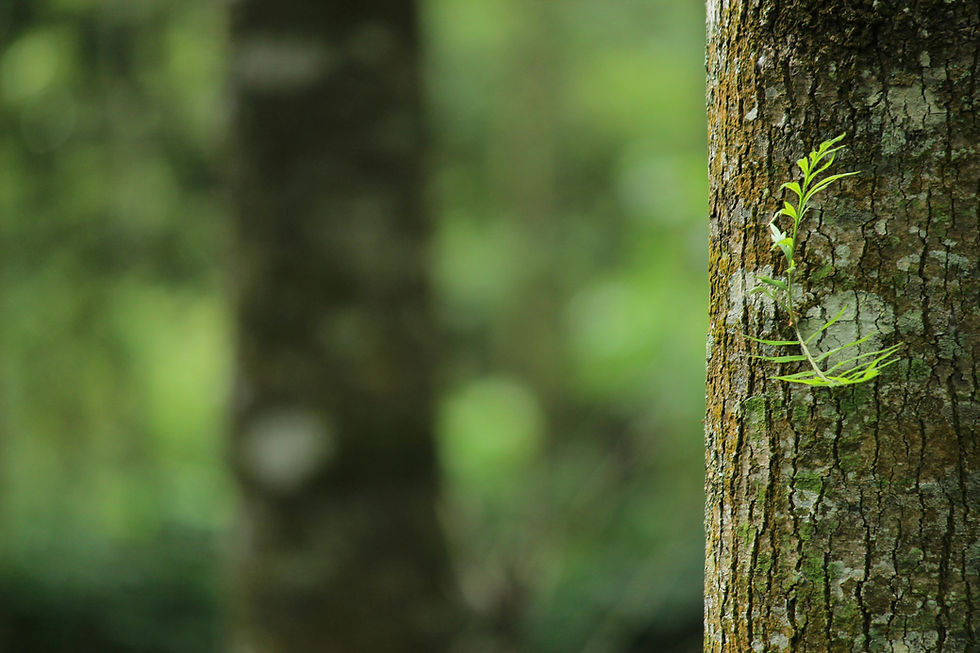If you’ve heard anything about Iceland, you’ve probably heard about the natural spas, the unpredictable volcanos, and the rapidly changing weather. If you have plans to go to Iceland, you're probably hoping to catch a glimpse of the aurora borealis or puffins or maybe even… elves!
If you've heard any International news coverage of Iceland over the last decade, the chances are high that you've heard a story about elves. Maybe it was the story about construction plans getting altered because of elven activity. Or perhaps you heard the claim that most Icelanders still believe in elves. Is this true? The answer is nuanced, and we’ll dive into that soon, but first, let’s get clear on what Icelandic elves are and where they come from.

The True Origins of the Icelandic Elves
Who are the Icelandic Elves? First of all, the Icelanders today don’t call them “elves”; they call them Huldufólk, which means “Hidden People.” Their descriptions can vary, but the familiar image resembles us, humans, except better looking and simply better in every way. The Huldufólk are typically described as wearing Icelandic clothing from the 1800s, which makes sense since Iceland’s Folklore was first compiled and recorded in the mid-century.
But where do the Hidden People come from? Jón Árnason’s collection claims the Hidden People originate from the lost children of Adam and Eve. The story says that Adam and Eve had so many children that they could not dress or properly clean them all in time for dinner with God. Their great idea was to hide the remaining dirty children, hoping to deceive the Almighty. Naturally, God knew of their deception and hid the rest of their children from them forever.

The Hidden People are said to be the descendants of those lost dirty children, while humans are the descendants of the clean children. How the Huldufólk came to be more prosperous, intelligent, and attractive than us, we’ll never know.
Do Icelanders Believe in Elves?
The question of whether Icelanders believe in elves is a funny one to me. But be careful of who you ask this question because it can cause some people to become quite animated on both sides of the answer.
I recently moved back to Canada from living in Iceland for two years, and before that, I had spent two other summers there. In my circle of friends and family, I have never met an Icelander who loudly and proudly declared, “I believe that elves are among us!”. But I have heard plenty of stories about Huldufólk encounters, enough to suggest that many still acknowledge the possibility of their existence.
As an outsider, my opinion is that the Icelandic belief in the Huldufólk is similar to how the Irish might believe in fairies and leprechauns or how many Middle Easterns believe in djinn. I might even compare the belief in Huldufólk to the belief in ghosts.
Folklore Does Not Develop In a Vacuum
It’s difficult for many of us North Americans who are descended from immigrants to fully appreciate the complex relationship Icelanders have with the supernatural creatures in their Folklore, mainly because we have lost touch with our ancestral cultures. There isn't anything inherently different or unique about the Huldufólk of Iceland compared to other creatures in Folklore.
In fact, the Icelandic tales of elves illuminate the power of stories to travel across borders and oceans through time. Folklore does not develop in a vacuum nor isolation. For as long as humans have migrated and travelled, their stories have tagged along with them.
Join Folklore Fridays to Learn More
Do you want more Folklore in your life? Join me for Folklore Fridays, where each week, I share short stories, blog posts, and recommendations for further explorations into chosen folklore topics. You’re also welcome to send me your requests, thoughts, or suggestions for a future story or blog subject. Let’s keep the love of Folklore alive. #longlivestories



Comments